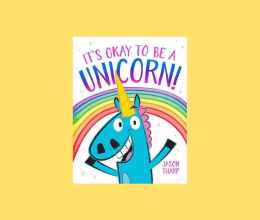In a recent unanimous ruling, the Supreme Court handed a win to civil liberties and free speech. The Court ruled that an Ohio political advocacy group can challenge a state law that criminalizes “false” statements made about candidates during political campaigns.
The Court’s ruling is a double victory. First of all, the decision clarifies the rules about who has “standing” to sue the government. By upholding a more expansive meaning of standing, the Court makes it easier now for people to hold the government accountable for violating their rights. Secondly, the ruling allows a challenge to go forward against an Ohio law that bans “false” political speech. Because the truth is not always black or white, the government should not be in a position to censor speech that it deems “false.”
The case began in 2010, when a group called the Susan B. Anthony List wanted to put up a billboard in opposition to political candidate Steven Driehaus. The billboard would have read “Shame on Steve Driehaus! Driehaus voted FOR taxpayer-funded abortion.” Driehaus discovered the group’s plan and complained to the state.
Driehaus claimed the group’s message was false and violated Ohio law. The state investigated SBA List’s plan and concluded that the group most likely violated Ohio’s ban on false political speech. The state’s determination could have lead to criminal prosecution.
SBA List did not put up the billboard and claimed it was intimidated from making other political statements for fear of prosecution. The group then sued the government and challenged the law. (ACLU of Ohio filed a friend of the court brief in support of SBA List.) After Driehaus lost the election, he withdrew his complaint against SBA List.
The state then argued that SBA List did not have the right to challenge the law in court because Driehaus and the state were no longer actively pursuing the group for violating the law. A federal court in Ohio agreed with the state and kicked SBA List out of court.
On June 16, the Supreme Court of the United States unanimously ruled that SBA List could have its day in court and challenge Ohio’s law on false political speech. The Court said the group is harmed by the state’s burdensome actions and the possibility that the state could continue to pursue the group with criminal prosecution. This clarifies a previous ruling where the Court had said a person could only sue the government if she or he were certain that the government would prosecute them.




